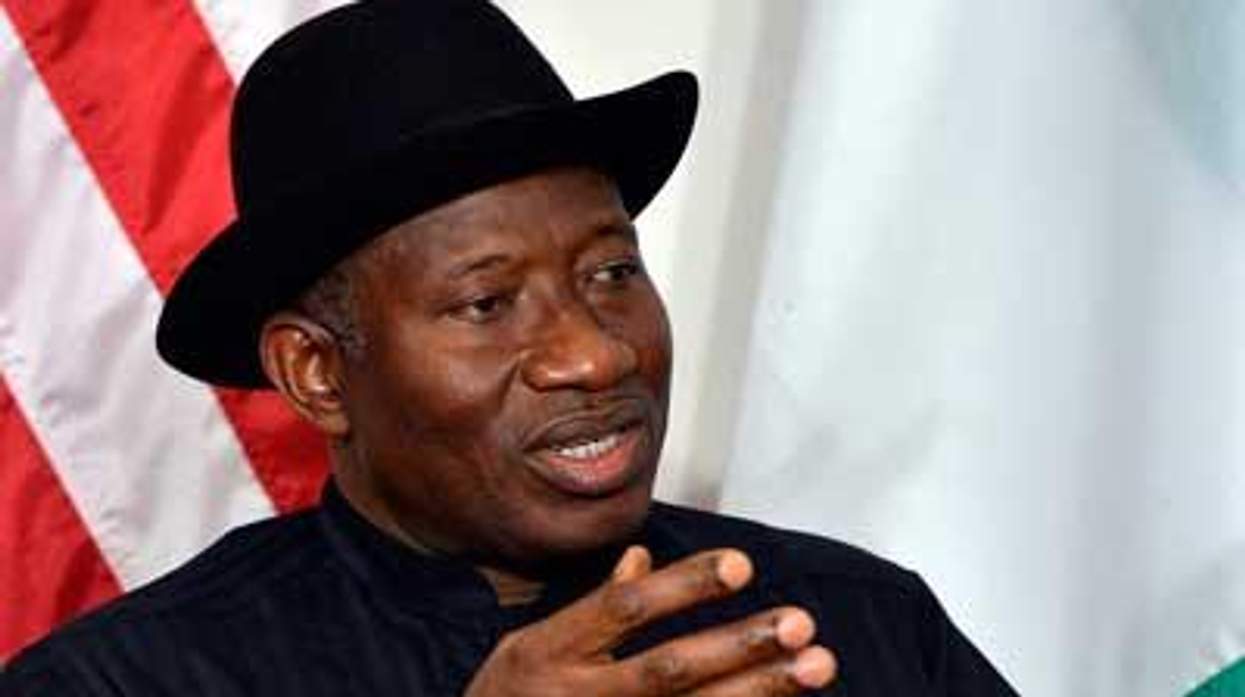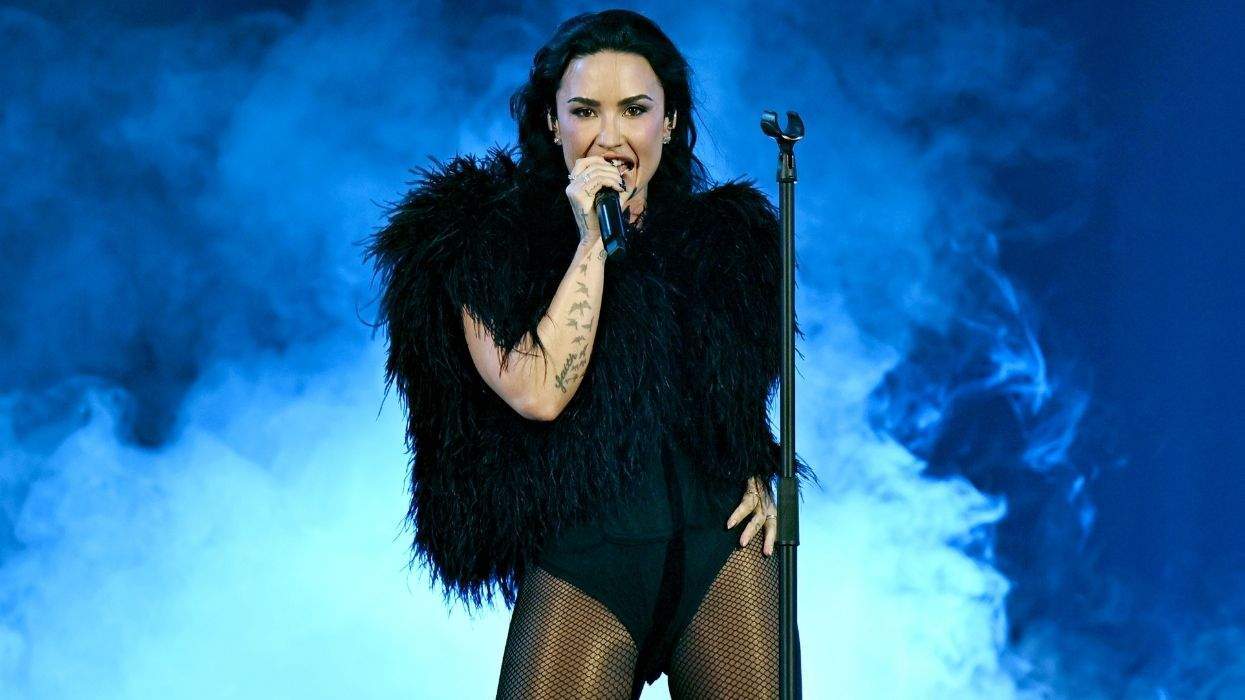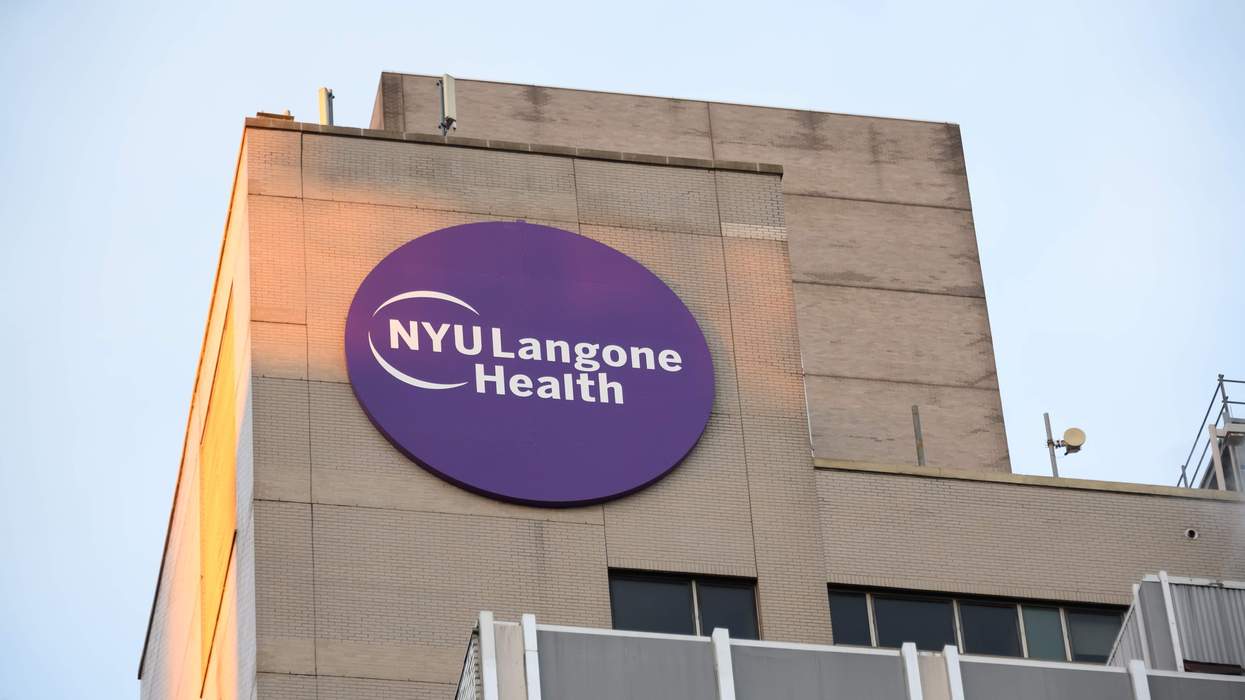Nigerian President Goodluck Jonathan recently signed into law a bill criminalizing all LGBT activities. The presidential spokesman confirmed that the Same Sex Marriage Prohibition Act provides penalties of up to 14 years in jail for entering into a same-sex union and up to 10 years imprisonment for membership or support for same-sex clubs, societies or organizations.
The law also criminalizes gay rights organizations and any activity in support of them. In addition, people researching indigenous homosexual practices and the support for the civil rights of people with same sex orientation run the risk of being imprisoned.
Barely 24 hours after the law was made public, reports flooded in of arrests of gays in the northern part of the country, where they had been living peaceably. In a country with a weak judicial system, the detention of these citizens by state operatives may spur homophobic attacks in other parts of the country.
Among the myriad of legislation and reports on the desk of President Goodluck Jonathan, the swift passing of the Same Sex Marriage Prohibition Act suggests a harried leader desperate to be seen as doing something. Unlike the 2012 fuel subsidy removal, which was openly rejected, this new law has been largely welcome by Nigerians. Many want to reaffirm sovereignty in the face of what they see as an erosion of indigenous cultures by western influences. But the implications of the law may hurt Nigerians more than any threat from Europe or America.
Battles with militant organization Boko Haram, which have claimed the lives of more than 10,000 people since 2001, with at least two attacks already this year, reveal Nigeria to be a weak state with a less-than-firm hold on a monopoly on violence. The passage of the law not only worsens the human rights situation of the country but also fuels extra-judicial killings.
In Bauchi State, one of the nine states where the Sharia penal code operates, 11 men have been "fished" out by the community and there is a hunt for others. Nigeria is a country where armed robbery suspects are lynched with the wilful cooperation of the police. Blatant disregard for due process, combined with this kind of legislation, puts the lives of gays and their supporters in danger.
The laws officially endorse ignorance surrounding sexual orientation in a nation that is more diverse than the Muslim north/Christian south dichotomy often portrayed.
A wild rumor that non-profits promoting gay rights have collected $20 million from foreign donors to promote same sex marriage has put the lives of health workers and AIDS counsellors in jeopardy. The United Nations agency fighting AIDS and the Global Fund to fight AIDS, Tuberculosis and Malaria have expressed deep concern that access to HIV services for the LGBT community will be severely affected in a nation that has the second-largest HIV epidemic globally, with an estimated 3.4 million people living with the virus.
Late last year, in a bid to preempt social media dissent that might spark an Arab Spring-like rebellion, the Nigerian Senate proposed seven year jail terms for social media critics whose activities are seen as inciting people against the government.
The present administration seems bent on cocooning themselves from angry citizens who are disappointed by their dismal performances in office and scoring cheap points passing policies that help no one in the guise of protecting the body politic. Freedom of thought and speech is a necessary canon for a progressive, democratic society. So is the protection of minority rights, including those with different sexual orientations.
AJIBOLA ADIGUN is a Young Voices Advocate and is advocating for liberal reforms in his home country, Nigeria. He degree is in political science at the University of Ibadan, Nigeria, whre he was secretary-general of the United Nations student organization. He helped start and run Politics Without Rancor (PWR); a non-profit dedicated to promoting better political spaces and processes on campuses in Nigeria.















Charlie Kirk DID say stoning gay people was the 'perfect law' — and these other heinous quotes
These are some of his worst comments about LGBTQ+ people made by Charlie Kirk.